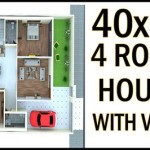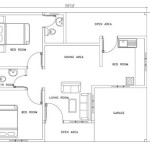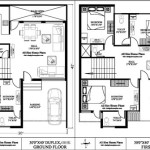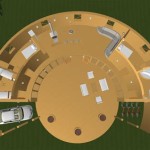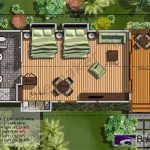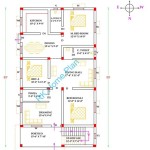Essential Aspects of Plans for Home Additions
Embarking on a home addition project is a significant undertaking that requires careful planning and execution. Well-conceived plans lay the groundwork for a successful project that meets your needs and enhances your living space. Here are some essential aspects to consider when developing plans for home additions:
1. Determine Your Needs and Goals
Before you begin designing, it's crucial to define your needs and goals for the home addition. Consider how you want to use the new space, whether it's for additional bedrooms, a family room, or a home office. Determine the desired size, functionality, and any specific architectural elements you envision.
2. Consult with an Architect or Designer
An experienced architect or designer can help you translate your ideas into practical plans. They will assess your property, advise on zoning regulations, and create designs that seamlessly integrate with your existing home. Working with a professional ensures that your plans are both aesthetically pleasing and structurally sound.
3. Consider Building Codes and Permits
Every municipality has specific building codes and permit requirements for home additions. These codes dictate factors such as materials, room sizes, and safety features. It's essential to familiarize yourself with these regulations and obtain the necessary permits before commencing construction. Failure to adhere to building codes can lead to costly delays or even legal repercussions.
4. Establish a Budget and Timeline
A realistic budget is crucial for any home improvement project. Determine the estimated costs of materials, labor, and permits. Consider whether you will hire contractors or complete some of the work yourself. Additionally, set a realistic timeline for the project, allowing for unexpected delays.
5. Explore Space-Saving Techniques
If your home has limited space, consider incorporating space-saving techniques into your plans. This could involve utilizing built-in storage, utilizing lofts or mezzanines, or installing sliding doors to maximize space efficiency. By optimizing the use of vertical and horizontal space, you can create a more spacious and functional living area.
6. Consider Lighting and Ventilation
Natural light is a valuable asset to any home addition. Design your plans to incorporate ample windows to bring in sunlight. Additionally, consider the ventilation of the new space. Ensure there is proper circulation of air to maintain a comfortable and healthy environment.
7. Think Long-Term
While it's important to design your home addition to meet your current needs, it's also wise to think about the future. Consider the potential for expanding the addition or making modifications in the years to come. Leave some room for flexibility in your plans to accommodate potential needs as your family or lifestyle evolves.
8. Seek Professional Guidance
Don't hesitate to seek professional guidance from architects, engineers, contractors, or interior designers. Their expertise can help you navigate the complexities of home additions. They can ensure that your plans are well-thought-out, practical, and ultimately create a beautiful and functional living space that enhances your home and lifestyle.

Remodel And Addition Plans Blueprints

Important Considerations When Building A Home Addition

Home Addition Floor Plans Ideas Design Solution For Rear

Wall Framing Building Plans And Interior Remodeling Small Home Addition Construction Ideas

Waterview Greatroom Addition American Post Beam Homes Modern Solutions To Traditional Living

A Sweet Master Suite Addition

Room Addition Floor Plans Home Remodel Renovation Improvement

Home Addition Plans At Family

Home Addition Plans Ideas Costs Floor Plan

Home Addition Plans Room Blueprint Garage Floor Plan

